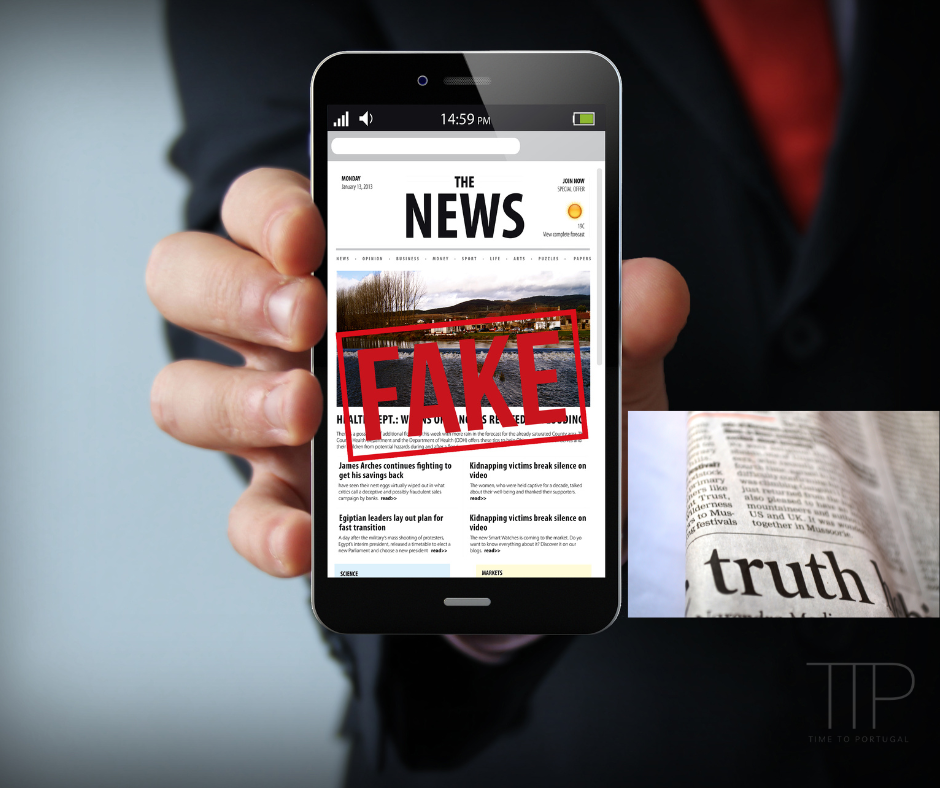Portugal is one of six European countries with laws against disinformation, according to a study by the European non-governmental organization DisinfoLab, which identifies the 14 member states without legislation.
In the Portuguese case, this is law 15/2022, which simplifies the “right to protection against disinformation” and this provision is included in the Portuguese Charter of Human Rights in the Digital Age, approved by parliament in 2021.
The article stipulates that the “State shall ensure compliance in Portugal with the European Action Plan against Disinformation, in order to protect society against natural or legal persons, ‘de jure’ or ‘de facto’, who produce, reproduce or disseminate narratives considered to be disinformation”.
The DisinfoLab study, based on reports from 20 European Union (EU) member states, including Portugal, published in December, was carried out by 45 experts, including academics and verifiers, and aimed to draw up a panorama of disinformation and “describe and analyze the most emblematic cases of disinformation, the recurring narratives” in the countries analyzed.
The other countries with legislation in this area are France, which has a law for the electoral period, Greece, which has criminalized ‘fake news’ likely to “cause public concern or fear” in areas such as the economy or defence, and Latvia, which has criminalized the dissemination of false information that causes major disruption to public order.
In Lithuania, the Constitution defines freedom of expression as incompatible with disinformation and in Romania the Penal Code punishes the dissemination of false news.
The report points out that in most countries there are no specific laws on disinformation, and the phenomenon is dealt with under criminal codes or even in the constitution, which does not prevent the fight against disinformation. The list includes Austria, Belgium, Bulgaria, Slovakia, Spain, Finland, Germany, Hungary, Ireland, Italy, Luxembourg, the Netherlands, Poland and Sweden.

